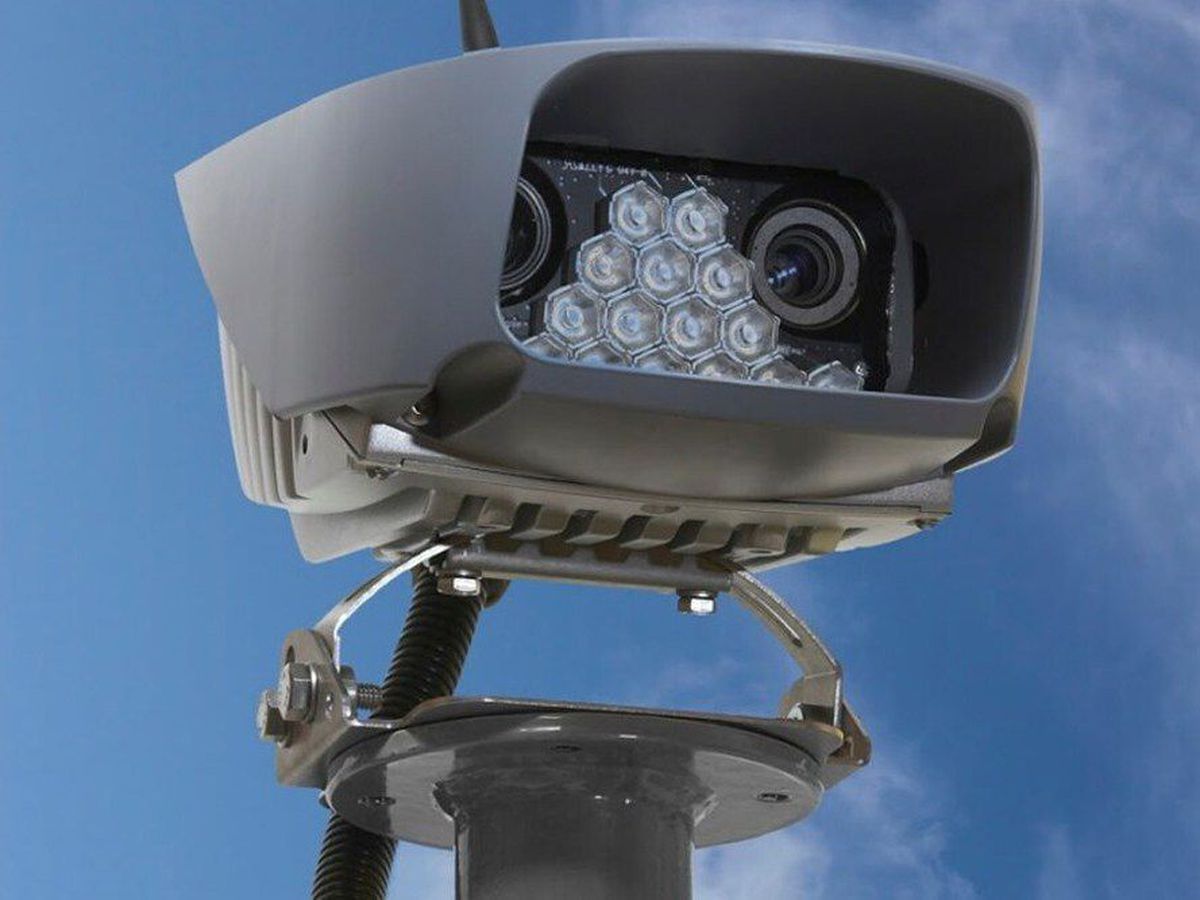
The Metropolitan Police has been granted access to more data from Automated Number-Plate Recognition (ANPR) cameras in the capital by Mayor Sadiq Khan.
The UK uses a network of 13,000 devices to scan the roads for vehicles, capturing 55m ‘reads’ daily, according to figures from the National Police Chiefs’ Council.
The cameras are mostly tightly packed in London, where there are 2,000, which send back millions of images back to the operator, Transport for London.
Now Khan wants to give the Met access to even more data than before – a move which has infuriated privacy campaigners
Now the mayor of London has given police access to more data from a larger number of cameras, and privacy campaigners are up in arms.
London Assembly member Sian Berry and privacy campaigners, the Open Rights Group, is bringing a legal challenge against the mayor’s decision describing it as “kind of terrifying”.
According to Sky News, they warned that although scans of car number plates may seem innocent, they are not.
They argue the record vehicle’s journey is an intimate insight into a driver or a passenger’s movements.
It is doubly intrusive by taking pictures of the vehicle’s front and everything around it.
This could include the colour and make of vehicles and potentially the faces of drivers and passing pedestrians, known as “enhanced contextual data”.
In the past, the Met had access to data from ANPR cameras in central London and did not receive any images, only “reads” of where and when a number plate was picked up.
A Mayor of London spokesman said: “Modern technology has a vital role to play in protecting Londoners and tackling serious crime.
“The use of traffic cameras for ANPR has been in place since 2015 after being introduced by the previous Mayor. We are considering the letter and will respond in due course.”
The Met defended the move because it says it helps police protect the public and avoid errors.
Plus ANPR images are “extremely unlikely to be of sufficient quality to identify the driver or passengers” an, besides, Londoners can have “little expectation of privacy” when driving their cars.
Berry told Sky News: “We do know that there have been police disciplined and expelled for stalking their ex-partners using data that the police hold. When there aren’t proper internal controls, it really increases the risk of that kind of harm.”
Berry said police can retrieve ANPR camera data for an investigation and there were 33,000 such police requests in 2020.
She claims access given by the mayor could create a database for police to run facial recognition scans of the images.
In a letter to Khan notifying of legal action, Berry and the Open Rights Group claim the extension is illegal, because it was granted without proper consultation.
When Khan authorised the access in May this year, he cited a public consultation held in 2014, an exercise that the campaigners and their lawyers at Bindmans argue cannot account for such a large-scale increase in police access.
Calling for a full consultation, Jim Killock, executive director of the Open Rights Group, said: “With a stroke of a pen, Sadiq Khan has taken a decision that violates the basic privacy rights of millions of Londoners.”
Should the Mayor expand the Ultra Low Emission Zone to cover the whole of Greater London from the end of 2023, even more camera may be put at the police’s disposal.
He added: “(If this happens) every single car, driver and pedestrian in Greater London will be subject to surveillance by the Metropolitan Police, yet Londoners have had no say in this”.
Professor Fraser Sampson, Commissioner for the Retention and Use of Biometric Material and Surveillance Camera Commissioner, was approached for a comment.
Pic: Vysionics